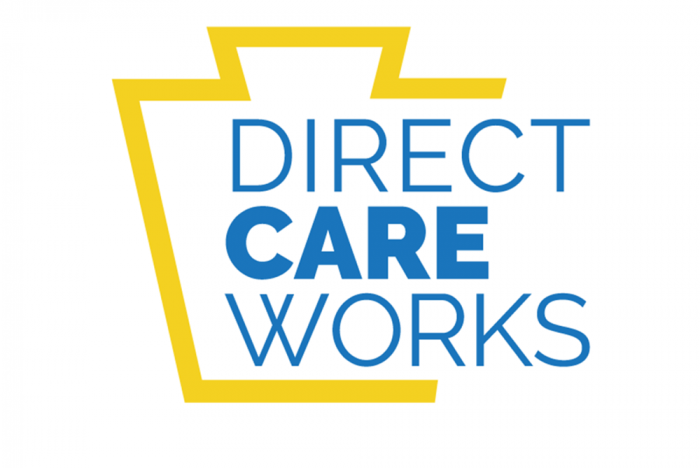New recoupment terms allow providers and suppliers one additional year to start loan payments.
CMS announced amended terms for payments issued under the Accelerated and Advance Payment (AAP) Program as required by recent action by President Trump and Congress. This Medicare loan program allows CMS to make advance payments to providers, which are typically used in emergency situations. Under the Continuing Appropriations Act, 2021 and Other Extensions Act, repayment will now begin one year from the issuance date of each provider or supplier’s accelerated or advance payment. CMS issued $106 billion in payments to providers and suppliers in order to alleviate the financial burden health care providers faced while experiencing cash flow issues in the early stages of combating the Coronavirus Disease 2019 (COVID-19) public health emergency.
“In the throes of an unprecedented pandemic, providers and suppliers on the frontlines needed a lifeline to help keep them afloat,” said CMS Administrator Seema Verma. “CMS’ advanced payments were loans given to providers and suppliers to avoid having to close their doors and potentially causing a disruption in service for seniors. While we are seeing patients return to hospitals and doctors providing care we are not yet back to normal,” she added.
CMS expanded the AAP Program on March 28, 2020, and gave these loans to health care providers and suppliers in order to combat the financial burden of the pandemic. CMS successfully paid more than 22,000 Part A providers, totaling more than $98 billion in accelerated payments. This included payments to Part A providers for Part B items and services they furnished. In addition, more than 28,000 Part B suppliers, including doctors, non-physician practitioners, and durable medical equipment suppliers received advance payments totaling more than $8.5 billion.
Providers were required to make payments starting in August of this year, but with this action, repayment will be delayed until one year after payment was issued. After that first year, Medicare will automatically recoup 25% of Medicare payments otherwise owed to the provider or supplier for 11 months. At the end of the 11-month period, recoupment will increase to 50% for another 6 months. If the provider or supplier is unable to repay the total amount of the AAP during this time-period (a total of 29 months), CMS will issue letters requiring repayment of any outstanding balance, subject to an interest rate of 4%.
The letter also provides guidance on how to request an Extended Repayment Schedule (ERS) for providers and suppliers who are experiencing financial hardships. An ERS is a debt installment payment plan that allows a provider or supplier to pay debts over the course of 3 years, or, up to 5 years in the case of extreme hardship. Providers and suppliers are encouraged to contact their MAC for information on how to request an ERS. To allow even more flexibility in paying back the loans, the $175 billion issued in Provider Relief funds can be used towards repayment of these Medicare loans. CMS will be communicating with each provider and supplier in the coming weeks as to the repayment terms and amounts owed as applicable for any accelerated or advance payment issued.
For More Information:


















